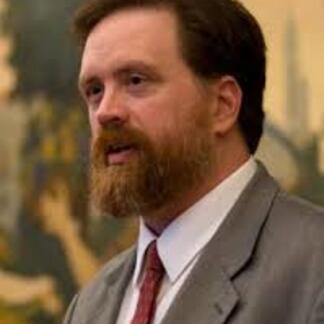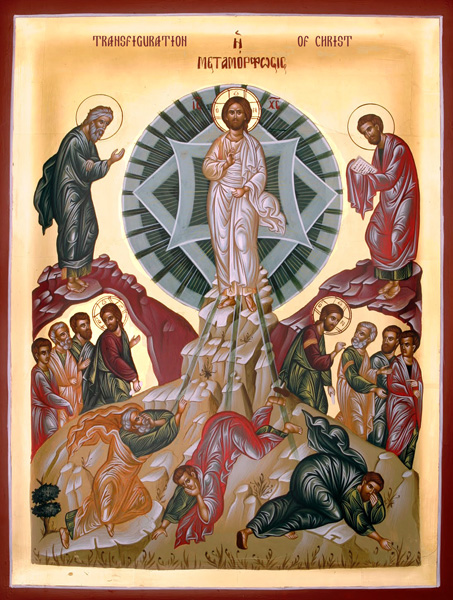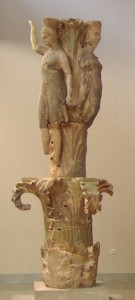I met Thomas at a graduate student party at the University of Chicago in 1994. I’ve never forgotten his first two questions to me. He began with, “Aren’t you the cantor at St. Thomas [the Apostle parish]?” When I replied in the affirmative, he immediately followed that up with, “Have you ever thought of being a priest?” I hadn’t…
So began an intense three-year period of our friendship, during which we toured around virtually every men’s religious community in the Archdiocese and spoke, often with greater zeal than discernment, about the mystical life, Church history, founding our own monastery, etc. I had never before had such intellectually gratifying discussions about faith. Our great shared passion was mysticism, though as we walked this path together, he tended toward the Carmelite tradition and I toward the Desert Fathers. He and I would end up working at the monastery I eventually joined, helping out with cleaning the guesthouse and maintaining the grounds. It was during this time that he conceived the idea for a “Catholic think tank” at the university. Just before I entered monastic life, I was able to help out at some of the first meetings of what would become the Lumen Christi Institute.As anyone who knew Thomas can attest, his was a most fecund mind. Some years later, I visited him at Calvert House, at what was serving as his office for Lumen Christi. He told me that some corporate leadership guru had given him advice to engage in “one act of creative destruction at the beginning of each day.” I think that the idea was to avoid procrastination by characterizing a difficult phone call as a challenge rather than as an existential crisis. The advice struck me as slightly absurd on his lips. He needed little encouragement for initiating new projects! The difficulty was always about finding adequate help. Thanks be to God, he managed, through many years of dogged work and with much competent assistance, to build up an impressive group of board members and staff who will carry on his vision.
Lumen Christi came to be so identified with Thomas that it is easy to forget just how multitalented he was. When we met, he was, among other things, contemplating becoming a poet, becoming a priest, and running political campaigns. Lest we forget, he was ostensibly working on a PhD. as a student in the prestigious Committee on Social Thought, that quirkiest program at the quirky university that he and I both loved. Most of his ideas were serious, but his imagination allowed for plenty of oddball humor, too. He once suggested that I compose a country song cycle on the ecumenical councils and even offered a melody for “Good Pope Leo and His Tome.”
Friends of Thomas will also attest that he was a complex person. His impressive resume made it easy to overlook the many obstacles he encountered throughout life. If mysticism had been our shared passion in the early years, I believe that the Incarnation became the firmer foundation for our shared reflections as we grew older. Age has a way of bringing home the limitations of our bodily existence, all the better, one hopes, to hand the reins to Christ.
These memories have been flooding my mind in recent weeks as, during his final illness, Thomas and I were able to spend more time together than we had in many years. My first thought, on hearing that he had died yesterday was that Christ had chosen the Feast of the Transfiguration as the day to call him home. It was a mystery that Thomas greatly revered. This is the day on which we are dazzled by the Uncreated Light somehow–improbably–shining through our lowly human body. What a triumphant hope this breeds in those who know its secret! Our frail human nature is absolutely no obstacle to the purifying and transforming Light of Christ. May God in His mercy send the angels to receive him, that his eyes may be opened anew to the deifying light. Rest in peace.


